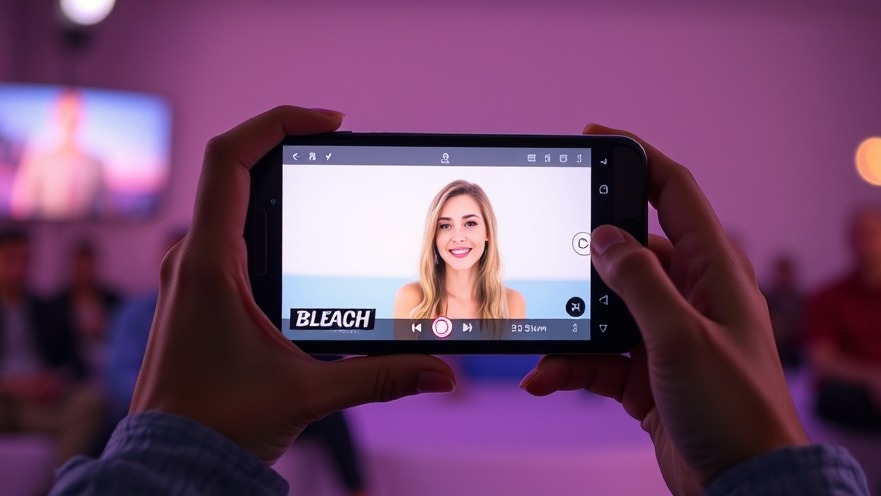
Understanding the Dangers: Why Bleach Should Never Be Used as a Treatment
Kerri Rivera, an influencer with a following on social media, has sparked outrage by advocating the use of chlorine dioxide—an industrial bleach—as a treatment for autism. Despite ample evidence of its dangers, Rivera assures parents that this controversial method helps 'detoxify' their children by eliminating supposed parasites. Her claims, however, stand against established health guidance and pose serious risks to the wellbeing of children.
The Gruesome Reality: Shocking Side Effects Reported by Parents
Parents who have followed Rivera’s recommendations have reported alarming side effects from administering chlorine dioxide, including severe vomiting, seizures, and rashes. Prominent entities like Tim Nicholls from the National Autistic Society have asserted how Rivera’s method is not only scientifically unfounded but tragically hazardous. This occurrence raises an essential question: What ramifications does misinformation hold for vulnerable populations?
Why Public Awareness is Crucial: The Need for Advocacy
With social media platforms like TikTok having taken action against Rivera by removing her account, the discourse around safety and health misinformation must transcend platform responses. Advocacy groups are calling for overarching measures on social media platforms to ensure parents are guided towards scientifically backed medical advice and are shielded from dangerous health practices. Social media regulation and ethical guidelines must be prioritized to avoid similar reckless behavior in the future.
Connecting the Dots: Autism as Neurodiversity, Not a Disease
It’s imperative to recognize that autism is classified as a lifelong neurodevelopmental condition and not a disease that can be cured. Mental health professionals stress that understanding this distinction is critical in the journey towards acceptance and support for those on the spectrum. Educating parents about autism complicates the discussion around treatments that are harmful rather than therapeutic.
Current Events: A Growing Concern in Health Misinformation
This unfortunate narrative is not unique to Rivera. There exists a plethora of myths and misinformation surrounding health treatments that can mislead well-meaning parents into harmful practices. As medical providers embrace concierge medicine’s patient-centered approach, it becomes increasingly vital to equip patients and families with accurate health information. They should feel empowered to communicate openly with their health care providers about their children’s needs without succumbing to social media trends.
Actionable Insights for Medical Professionals: Building Trust Through Education
For medical professionals operating concierge practices, fostering a trusting relationship with patients is paramount. Developing outreach initiatives that educate parents about safe patient care protocols is essential. This includes disseminating clear information about autism, focusing on strengths rather than deficits, and actively debunking harmful myths perpetuated through social media.
Keeping Conversations Open: Why Collaboration Matters
Conversations about autism and health treatments can be sensitive and nuanced. By encouraging a collaborative relationship that allows for questions and discussions, healthcare professionals can demystify the often complex details surrounding autism and its management. Such dialogues are crucial in nurturing a positive patient experience.
In the face of dangerous misinformation, the medical community must stand firm in advocating for safe, science-backed practices. Promoting healthy communication and ensuring that families have access to credible information empowers them to make informed decisions for their loved ones. We stand at a juncture where action and awareness can intersect to safeguard the health of our children.
 Add Row
Add Row  Add
Add 






Write A Comment